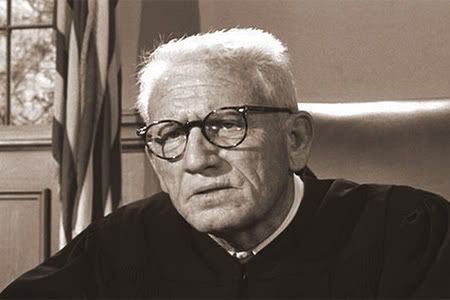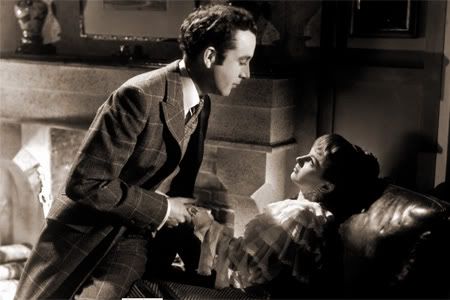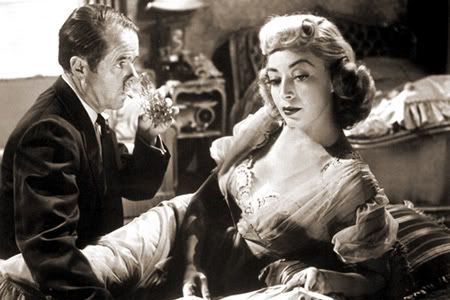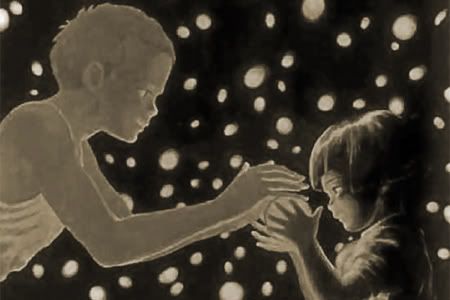
Judgment at Nuremberg is a courtroom drama about a military trial of four Nazi judges, which takes place three years after all the major Nazi leaders have been already tried. One of the defendants, Ernst Janning, is a very intelligent and likable man, and it's hard for the judge to understand how Janning could have supported Hitler's politics and passed sentences that resulted in genocide. The situation gets even more complicated by the beginning of the Cold war, and since the United States needs Germany's support, everybody understands that strict sentences may poison the atmosphere.
I started writing this review two days ago, and I wish I had a chance to finish it because January 27th was the Holocaust Remembrance Day, and the day of the Siege of Leningrad Lifiting during WWII, which is widely celebrated over here, so writing a review on that special day would be very significant. Unfortunately, the end of this week turned out very busy, but better late then never, so here's my review of Judgement at Nuremberg.
One of the reasons why I think this is a great movie is that it questions how the whole nation could have turned blind eyes to the Holocaust. But then it goes even further, and points out that all of this couldn't have happened without the support from other countries and political leaders. At the same time, just because the whole worlds is guilty for not trying to stand up against Hitler at the beginning of the Nazi regime, doesn't mean that a specific person shouldn't be held responsible for his or her own decisions.
We see what it takes to be a good judge, and how hard the decision-making process can be, how hard it is to pass a decision not influences by the politics, what other people think of the situation, or even your personal feelings. I liked the ending too, when the judge visits Janning in prison, but despite of all the things Janning says, the judge doesn't even try to make him feel better because he knows that the sentence was fair. Judgement at Nuremberg is a perfect courtroom drama, and it's hard for me to understand why it is so much lower on the list than 12 Angry Men.
Interesting fact: Marlon Brando wanted to play the role of Hans Rolfe, the German lawyer who defends the German judges. Brando, in a rare attempt to garner the part, actually approached Stanley Kramer about it. Although, Kramer and Abby Mann were very intrigued with the idea of having an actor of Brando's talent and stature in the role, both were so impressed with Maximilian Schell's portrayal of the same part in the original Playhouse 90 TV broadcast of "Judgment at Nurmemberg", that they had decided to stick with the relatively unknown Schell, who later won the Oscar for Best Actor for that role
Favorite quote: "Janning, to be sure, is a tragic figure. We believe he *loathed* the evil he did. But compassion for the present torture of his soul must not beget forgetfulness of the torture and death of millions by the government of which he was a part".




